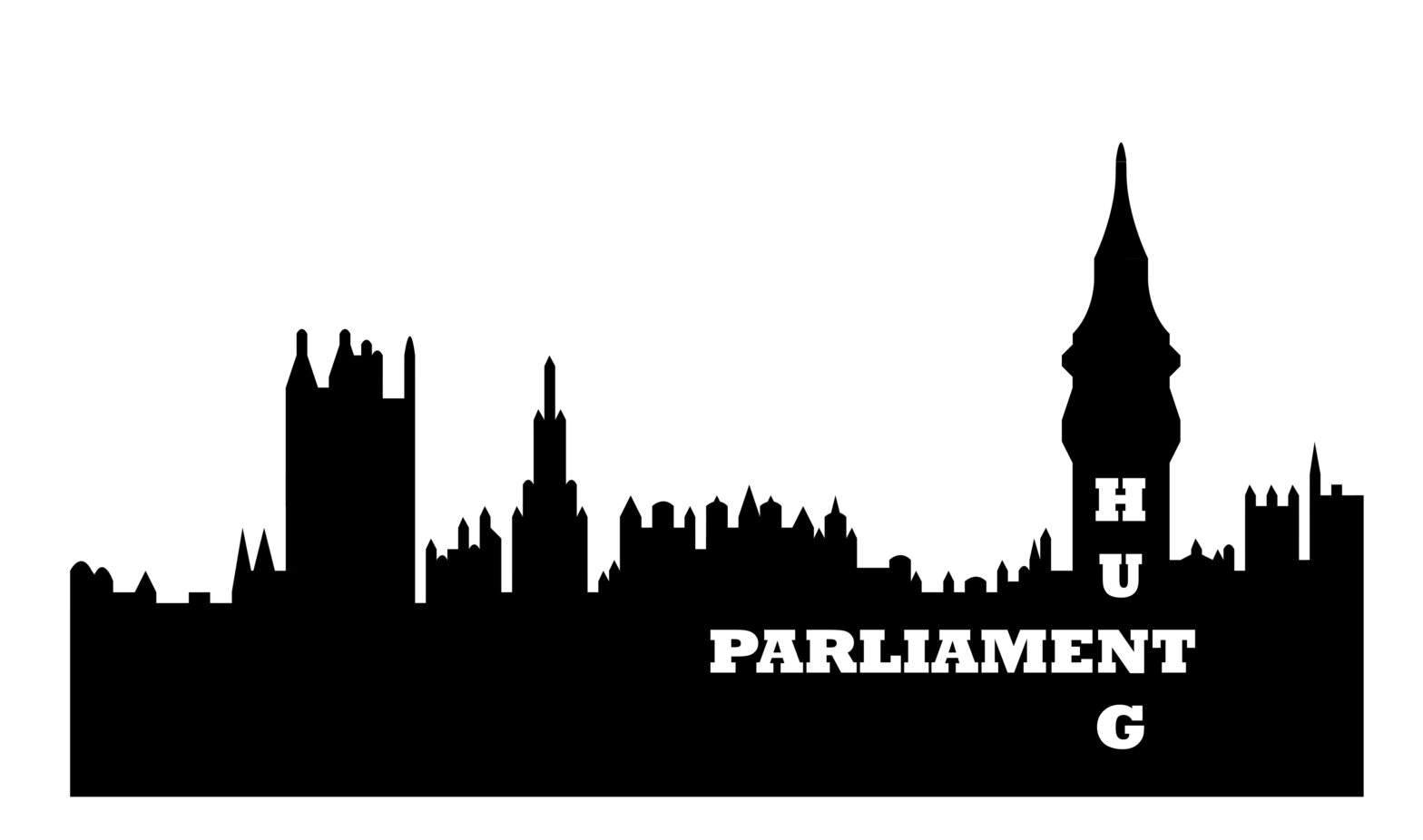The 2017 General Election has ended in a hung parliament, with no parties able to gain a house majority needed to win.
Theresa May and the Conservatives have currently dropped 12 seats, leaving them ten seats short of a majority and allowed Labour to collect 29 seats in the house.
Uncertainty again settles over the nation as the parties scramble to form partnerships and secure a majority. The urgency is prevalent in achieving this end as the start date for Brexit negotiations looms on June 19th.
The business world waits with bated breath to see how markets will react. Sterling’s value had dropped overnight, and as trading began in London it slipped further, standing 2 per cent lower at about $1.27, with markets worried about continued political uncertainty.
Business reaction
Emma Jones, founder small business support group, Enterprise Nation, says, ‘When we held our own debate last month, we were astonished to see the Conservatives lose a lot of ground to the Lib Dems. Historically, the Tories have always been the party of business – but it’s clear this unnecessary decision to have a snap election was not well judged at all. What will follow now will undoubtedly not be the stability and the focus on the economy business so desperately needs and deserves, but yet more upheaval, more uncertainty and less confidence.
‘This has not been the vote of confidence for a hard Brexit Theresa May wanted and promised. That whole stance will have to be reconsidered which will mean the kinds of reforms business has been pushing for will only be further delayed.
‘The only glimmer of hope is that this election has paved the way for a soft Brexit which is something our small business members would welcome.’
Paul Marston, managing director of RateSetter Commercial Finance, says, ‘Without doubt, a hung Parliament is the worst outcome for the business community. While politicians vie for position over the next few days, a shadow of uncertainty forms, meaning that small business owners are more likely to put their growth plans on ice until the political and economic outlook stabilises.
‘However, UK small businesses have experienced coalition government before, and excel at adapting to new circumstances. So in the longer term, I am optimistic that we will see businesses continuing to invest, grow and create wealth and jobs.’
Robert Gordon, CEO of Hitachi Capital UK comments, ‘Uncertainty is always bad for business and investment, but we need to remind ourselves that we have been here before. While we hope that the political situation is resolved in a timely fashion, I have great confidence that the enterprising spirit of the populace will prevail and that we will continue to create new jobs, generate greater wealth and remain a key player on the global stage, whoever eventually assumes power.
‘After all, it is businesses first and foremost, and not politicians, which dictate the health of our economy.’
Qdos Contractor CEO, Seb Maley, comments, ‘It’s clear that any incoming government has a fresh opportunity to work with freelancers and contractors to build a fairer, smarter and simplified tax system – and one which the independent workforce, the economy and indeed any government will benefit from.
‘We urge politicians and political parties to think carefully about who they form a partnership with, for the good of the UK, the prosperity of business and to help our influential independent workforce to thrive.’





